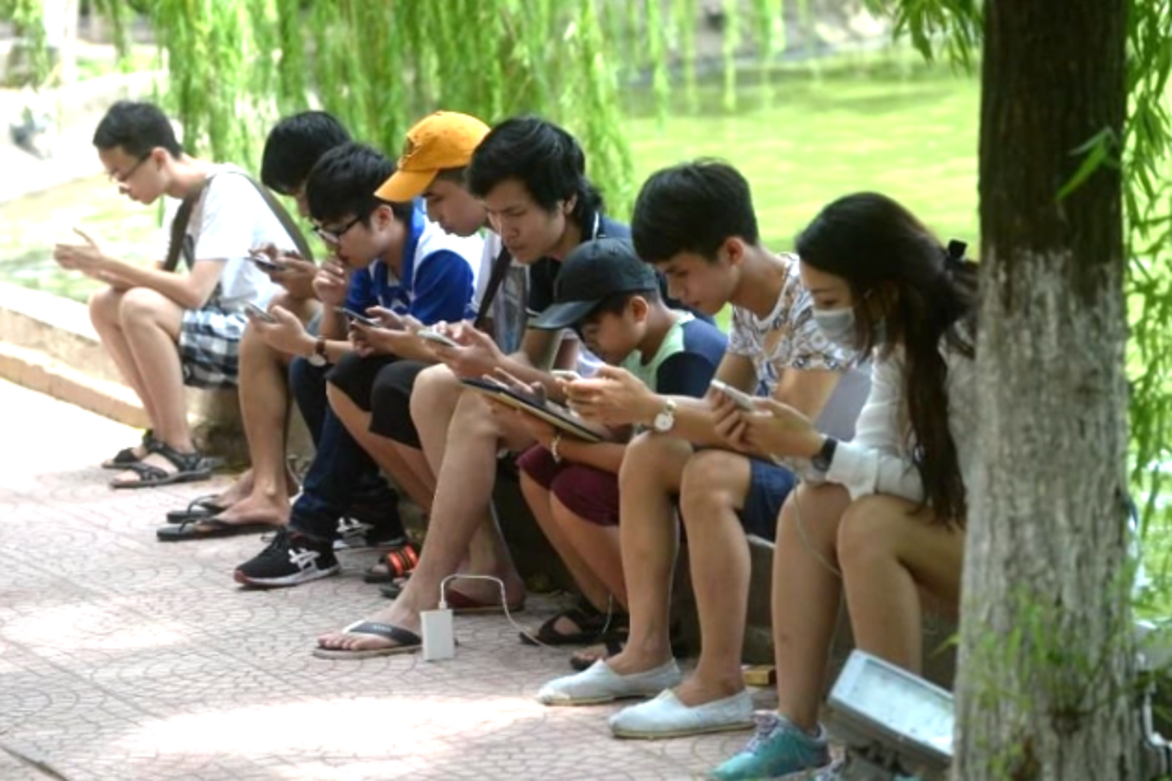New Vietnam law expands online censorship, critics warn
Robert Besser
23 Feb 2025

BANGKOK, Thailand: Vietnam's government has introduced new social media regulations that significantly tighten its control over online discourse, limiting free speech and making it easier to track and silence critics, according to a report released this week by The 88 Project, a group focused on human rights in Vietnam.
Implemented in December, "Decree 147" expands the government's ability to regulate content on platforms such as Facebook, X, YouTube, and TikTok. The decree mandates that users verify their accounts using phone numbers or national ID cards, with companies required to provide this data to authorities upon request.
It also compels social media platforms to store user data within Vietnam and grant government access to their internal search engines to identify content deemed illegal.
Ben Swanton, a co-author of the report, said the decree is designed to stifle criticism and reinforce the ruling Communist Party's control over public narratives. "Any challenge to the government and the Communist Party, any significant challenge to their official narrative of events, is perceived by them as a situation that is getting out of control," he said.
The new rules also prohibit users from engaging in citizen journalism or posting about government corruption. Social media companies are required to remove flagged content within 24 hours. With a compliance deadline set for late March, it remains unclear whether these companies will challenge the measures. While TikTok and Facebook declined to comment, X and Google, which owns YouTube, did not respond to inquiries.
Researchers have already observed a decline in political discussions online. "In the last several years, Hanoi has imprisoned or forced into exile the country's most prominent independent journalists, reformers, human rights activists, and dissidents," Swanton said. "Decree 147 is designed to turn this chilling effect into an icy stranglehold on free speech."
With over 65 million Facebook users and 35 million YouTube users, social media remains the primary news source for many Vietnamese. The government has previously pressured platforms to geo-block critical content from outside Vietnam. It has censored posts, including a 2021 viral video of a minister eating a gold-encrusted steak in London while Vietnam was under COVID-19 lockdown.
Recent crackdowns include a 12-year prison sentence for a blogger who exposed government corruption and a three-year sentence for a lawyer who criticized the judiciary on Facebook.
The report warns that the decree could also be used to target individuals simply for reading politically sensitive content. Last year, police reviewed the profiles of over 13,000 members of a Facebook group critical of the government, identified 20 users in their jurisdiction, and ordered them to leave the group.
The 88 Project urges social media companies to resist the decree's most restrictive measures and calls on the United Nations and the U.S. to pressure Vietnam into repealing the regulations.
